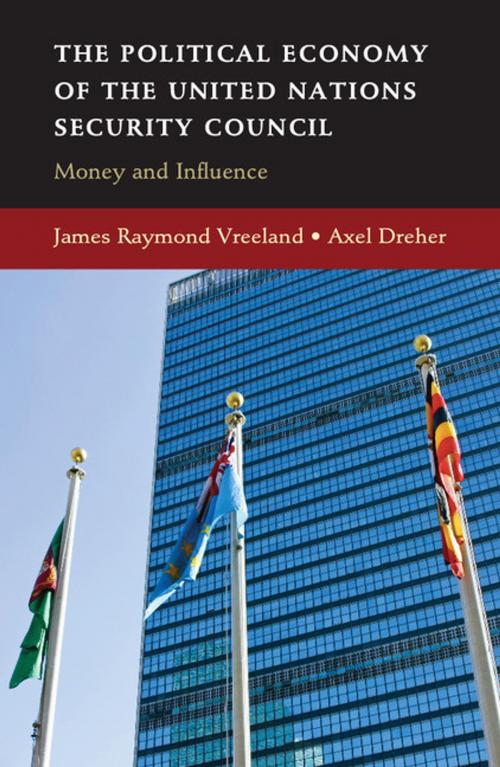The Political Economy of the United Nations Security Council
Money and Influence
Nonfiction, Social & Cultural Studies, Political Science, International, International Relations, Business & Finance| Author: | James Raymond Vreeland, Axel Dreher | ISBN: | 9781139948906 |
| Publisher: | Cambridge University Press | Publication: | May 29, 2014 |
| Imprint: | Cambridge University Press | Language: | English |
| Author: | James Raymond Vreeland, Axel Dreher |
| ISBN: | 9781139948906 |
| Publisher: | Cambridge University Press |
| Publication: | May 29, 2014 |
| Imprint: | Cambridge University Press |
| Language: | English |
Trades of money for political influence persist at every level of government. Not surprisingly, governments themselves trade money for political support on the international stage. Strange, however, is the tale of this book. For, in this study, legitimacy stands as the central political commodity at stake. The book investigates the ways governments trade money for favors at the United Nations Security Council - the body endowed with the international legal authority to legitimize the use of armed force to maintain or restore peace. With a wealth of quantitative data, the book shows that powerful countries, such as the United States, Japan, and Germany, extend financial favors to the elected members of the Security Council through direct foreign aid and through international organizations, such as the International Monetary Fund and the World Bank. In return, developing countries serving on the Security Council must deliver their political support … or face the consequences.
Trades of money for political influence persist at every level of government. Not surprisingly, governments themselves trade money for political support on the international stage. Strange, however, is the tale of this book. For, in this study, legitimacy stands as the central political commodity at stake. The book investigates the ways governments trade money for favors at the United Nations Security Council - the body endowed with the international legal authority to legitimize the use of armed force to maintain or restore peace. With a wealth of quantitative data, the book shows that powerful countries, such as the United States, Japan, and Germany, extend financial favors to the elected members of the Security Council through direct foreign aid and through international organizations, such as the International Monetary Fund and the World Bank. In return, developing countries serving on the Security Council must deliver their political support … or face the consequences.















